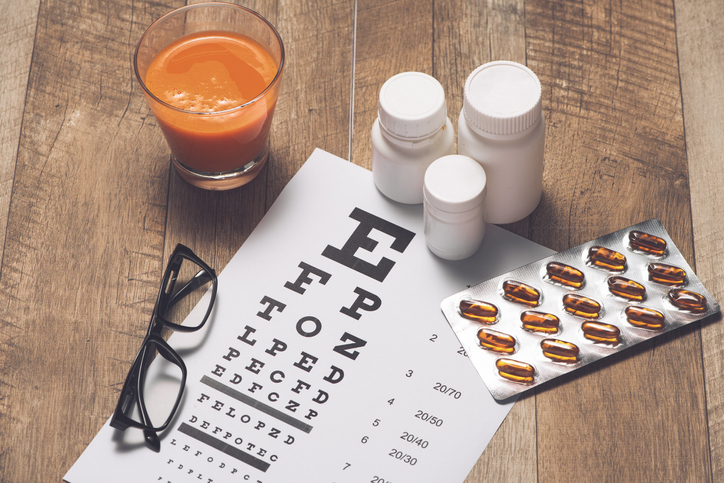
A popular belief is that eating carrots can improve your eyesight. Some even claim that consuming enough carrots might give you night vision—the ability to see clearly in the dark. But how much of this is rooted in science, and how much is myth?
The Origins of the Carrot and Vision Myth
Surprisingly, the idea that carrots enhance vision—especially night vision—originated as part of a World War II propaganda campaign by the British government. During the war, British forces had developed advanced radar technology that allowed pilots to detect enemy aircraft before they reached the English coast.
To keep this breakthrough secret, the military circulated a false story: British pilots were so effective at night because they consumed large quantities of carrots, which supposedly improved their night vision. The story gained traction and was even used on the home front to encourage the public to eat more carrots during wartime food rationing. Carrots were one of the few foods readily available, and the promise of better night vision was a persuasive incentive—especially during nightly blackouts.
The Truth: Carrots and Eye Health
So, do carrots help your eyesight? The short answer is: not in the way the myth suggests. Carrots won’t give you night vision or drastically improve your visual acuity, but they do play an important role in supporting eye health.
Carrots are rich in beta-carotene, a pigment that the body converts into vitamin A—an essential nutrient for vision. Vitamin A helps maintain a healthy cornea, the eye’s surface, and is necessary for proper functioning of the retina, especially in low-light conditions.
A deficiency in vitamin A can lead to night blindness, dry eyes, and even permanent vision loss. Therefore, while eating carrots won’t supercharge your sight, they can help prevent vision problems associated with nutritional deficiencies.
Carrots as Part of a Healthy Vision Diet
While carrots are a good source of vitamin A, they’re just one piece of the puzzle. A diet that supports long-term eye health includes a variety of nutrients:
-
Leafy greens like spinach and kale (lutein and zeaxanthin)
-
Fatty fish such as salmon (omega-3s)
-
Eggs and dairy (vitamin A and zinc)
-
Citrus fruits (vitamin C)
-
Nuts and seeds (vitamin E and healthy fats)
Incorporating carrots into this balanced diet can help you maintain healthy eyes, but they won’t perform any optical miracles on their own.
Eat Carrots, But Know the Facts
Carrots won’t give you the ability to see in the dark or drastically improve your vision, but they are a valuable food for overall eye health. Thanks to their high beta-carotene content, carrots support your body’s production of vitamin A, which is crucial for maintaining clear vision, especially in low-light environments. So go ahead and enjoy your carrots—just don’t expect superpowers.